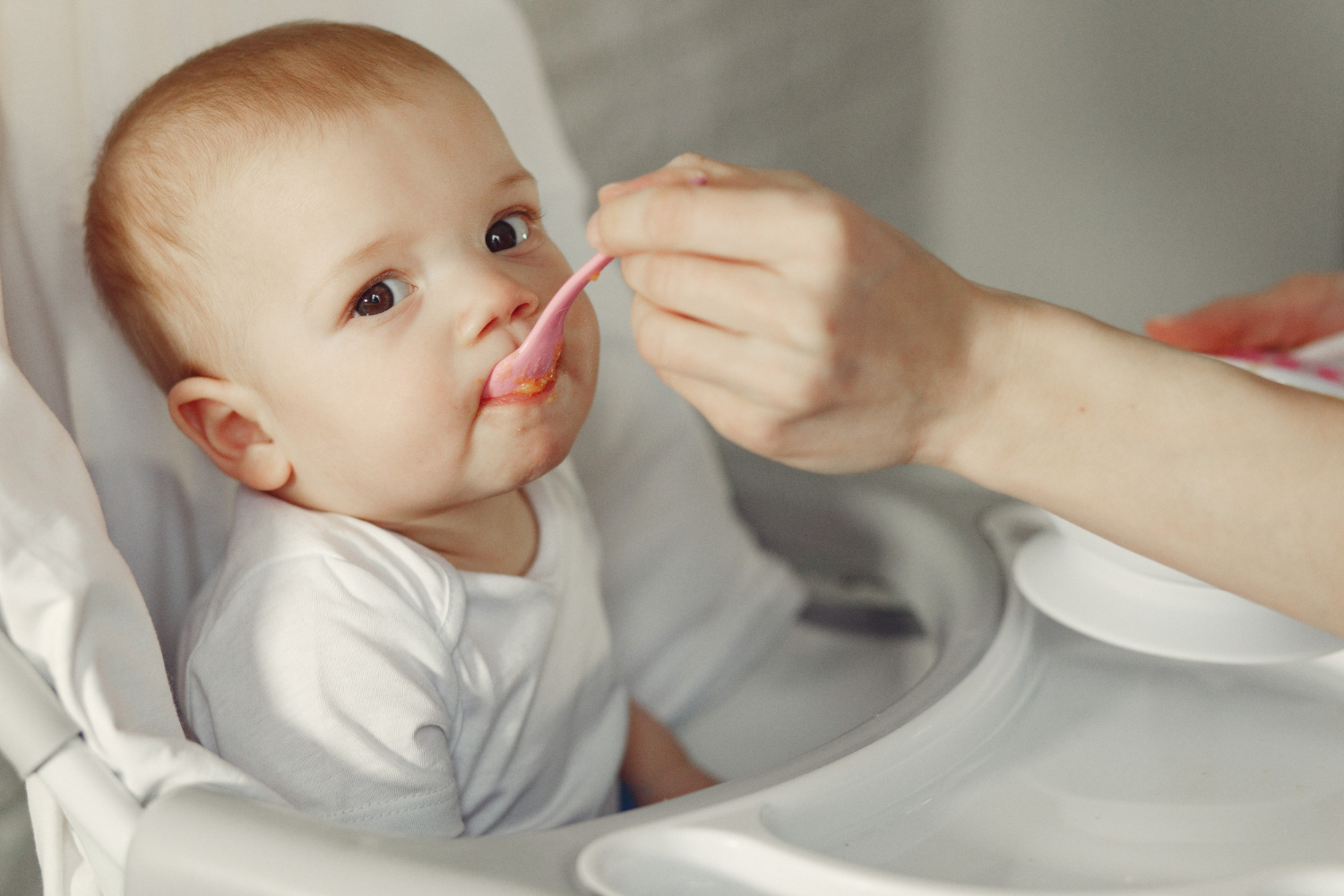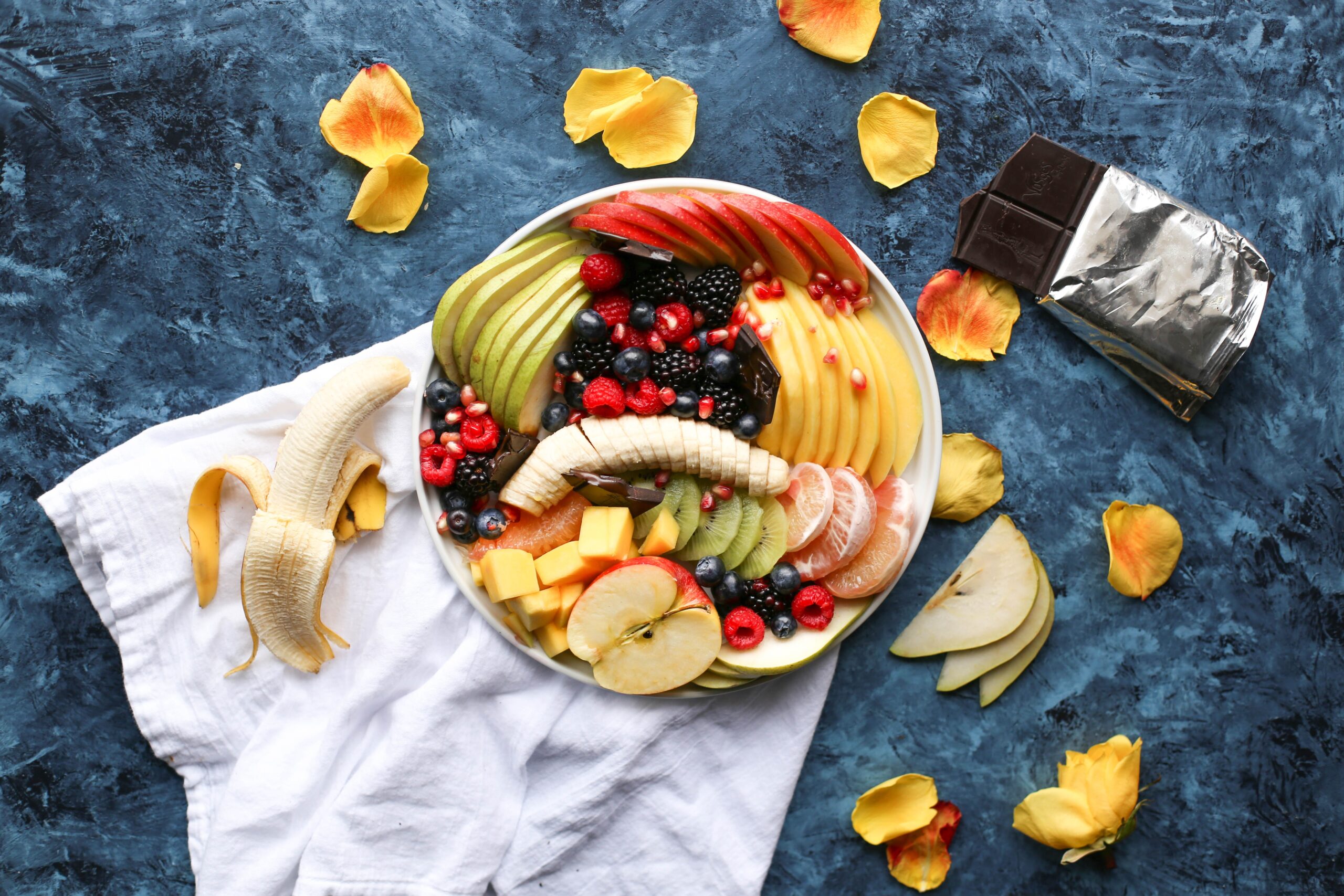Congratulations! Your little champ has successfully entered a new developmental milestone and has become a toddler now! Your little one is all set to start a variety of healthy and tasty diets full of nutrients. This is the time to introduce your kids to different food textures and flavors while encouraging them to eat healthy from a very young age.
The toddler years (between 1-3 years) are crucial as it is a time of excellent cognitive, social, and emotional development. Whatever your child learns during this stage will reflect for a lifetime. Being a responsible parent, you need to ensure that your child receives the utmost care and attention during the toddler years.
So, here are a few baby feeding and nursing techniques you need to know before beginning your toddler’s diet, especially if you are a newbie parent.
What are the Nutrients My Toddler Must Have?
Table of Contents
Your child should have a well-balanced diet, including essential nutrients needed for various metabolic functions, energy generation, and good development. Here are the nutrients you must include in your toddler’s diet –
● Protein: Proteins are the building blocks of every function the body performs.
● Calcium: It helps to make your kid’s bones and teeth stronger while also playing a huge role in muscle contraction, blood clotting, maintaining nerve functions, regulating heart rhythm, and so on.
● Iron: Toddlers must have around 7 mg (milligram) of iron every day for preserving vital body functions, like energy production, improving the immune system, maintaining gastrointestinal processes, etc.
● Vitamins A, C, and D: These vitamins offer multiple health benefits that ensure healthy growth and development for the child. For example, vitamin D regulates the calcium and phosphate levels in our body, thus maintaining strong bones, muscles, and teeth.
At times, it’s difficult to give your children the required amounts of vitamins and minerals they need. In that case, try taking kids’ vitamins and supplements after consulting your pediatrician.
How Much Should You Feed Your Toddler?
Parents must take care of the nutrients received by their kids and keep in mind when and where they must be fed. Before discussing what a proper toddler daily diet looks like, you need to remember that you must not expect your kid to eat everything on the plate. It’s best to leave it up to your child to choose what and how much to eat.
In general, you must schedule three healthy meals for your toddler every day. However, your kid may skip a meal or two at times, either because of a lack of taste or some health issues. Consult your pediatric dietician in that case and make a plan for your baby’s diet.
An ideal diet for toddlers should include –
- 5 portions of fruits and vegetables per day
- Some protein-rich foods and dairy foods
- Wholegrain cereals
- A portion of oily fish every week
- Plenty of water and healthy drinks to stay hydrated
- Limit the intake of sugary and fatty foods
Ideal Portion Sizes for Your Toddler
You need to remember that a toddler’s portion size is usually 5 times smaller than an average adult’s. This means your kid needs to have small amounts of nutrient and energy-rich foods at regular intervals throughout the day.
An ideal toddler diet should include 3 balanced meals with nutritious snacks in between. Try following this routine while feeding your toddler –
- At least 6 servings of whole-grain foods every day (bread, cooked rice, cereal, or any other baby foodcontaining whole grains)
- At least 5 servings of different fruits and vegetables per day
- At least 3 servings of milk and other dairy products (milk, cheese, yogurt, etc.)
- 3-4 servings of fats per day (butter, ghee, margarine, oils, etc.)
- 2 servings of meat every day (eggs, chicken, fish, lean meat, etc.)
Foods You Must Avoid Feeding Your Toddler
You must not feed your toddler with anything that’s quite unhealthy or may cause choking. Also, some foods cause allergic reactions in kids, so watch out for those. It’s a good idea to check with your pediatrician before trying new foods for your toddler.
Avoid feeding your growing toddler these foods –
- Small and hard foods, such as seeds, nuts, chips, popcorns, raw carrots, other raw vegetables, hard cheese, raisins, and others. These foods may cause choking.
- Slippery foods like large pieces of meat, poultry, whole grapes, hot dogs, cough drops, candies, etc.
- Sticky foods like marshmallows and peanut butter.
Apart from that, toddlers who are between 12-24 months of age should also avoid –
- High-sodium foods like salted nuts, canned beans with added salt, frozen meats, smoked or canned meats (including fish, bacon, ham, sausage, anchovies, sardines, cold cuts, etc.)
- Sugary foods and foods with added no-calorie sweeteners, such as diet drinks, beverages with added sugars, etc.
- Unpasteurized cheese, milk, juice, and yogurt.
Besides, you should always supervise your child’s diet, their eating habits, and how much they are eating. Also, keep the above foods away from the reach of children as they tend to swallow a lot of things in your absence, which may cause problems.
Key Takeaways
Therefore, it’s essential to stay very careful about your baby’s diet and ensure they get all the essential nutrients, including proteins, carbohydrates, calcium, vitamins and minerals, iron, and others.
Apart from your toddler’s diet, you must also maintain a healthy skin and hair care routine to improve their overall well-being. Always use natural baby skincare products free of all chemicals to avoid slide effects. Your childcare specialist will suggest natural child hair and skincare products that show great results.




